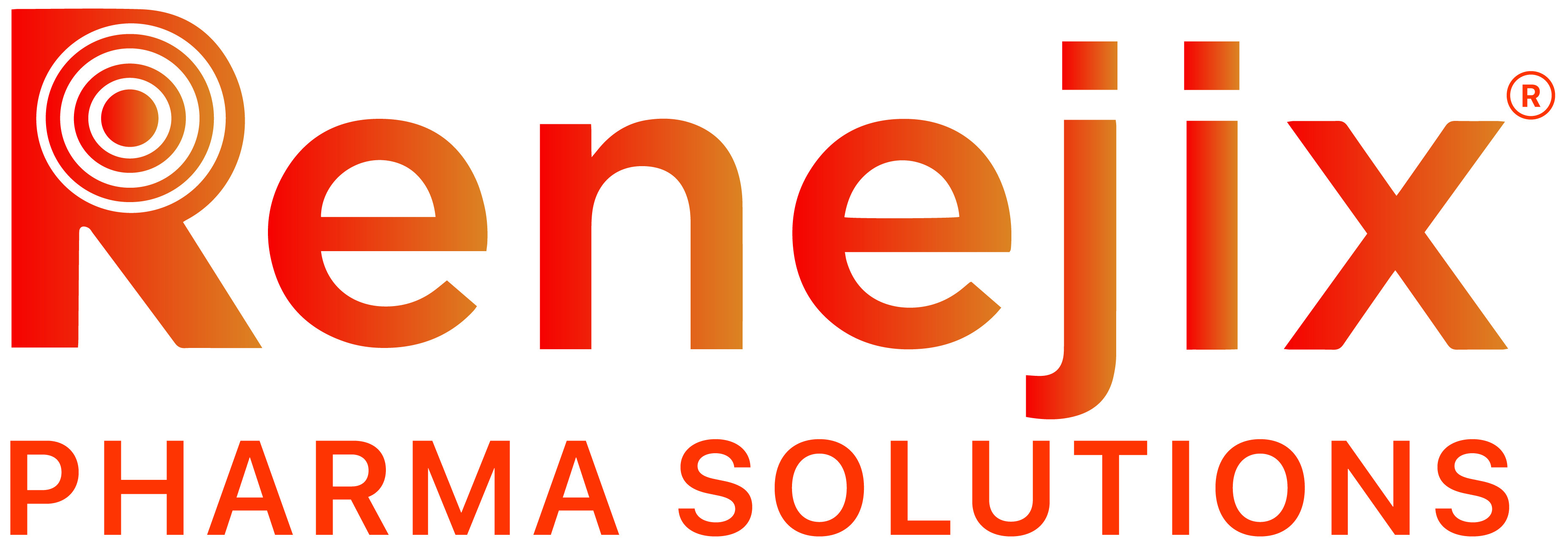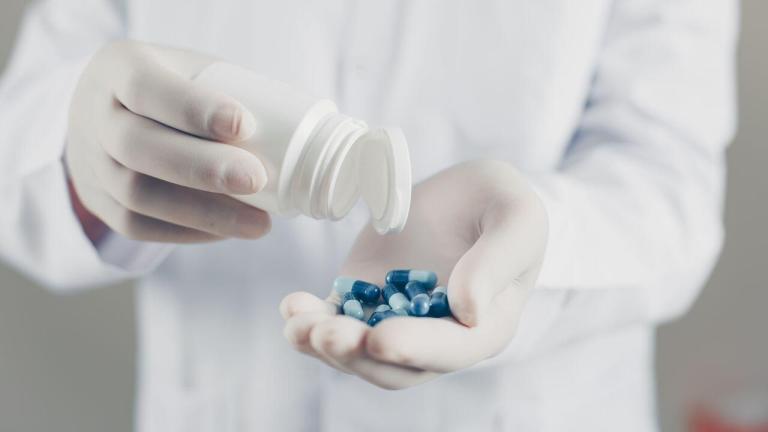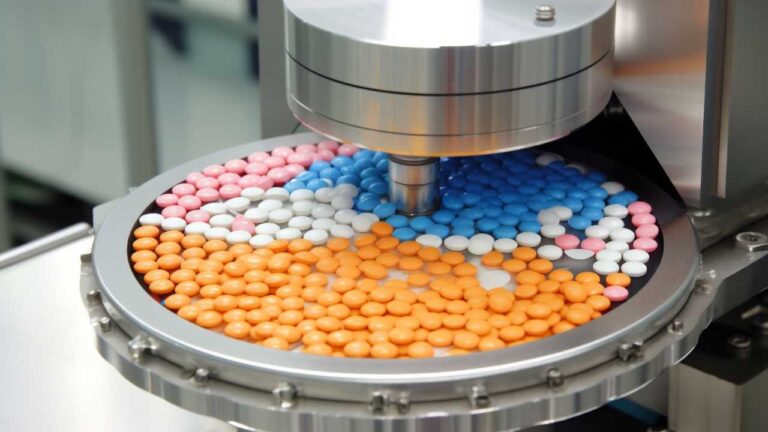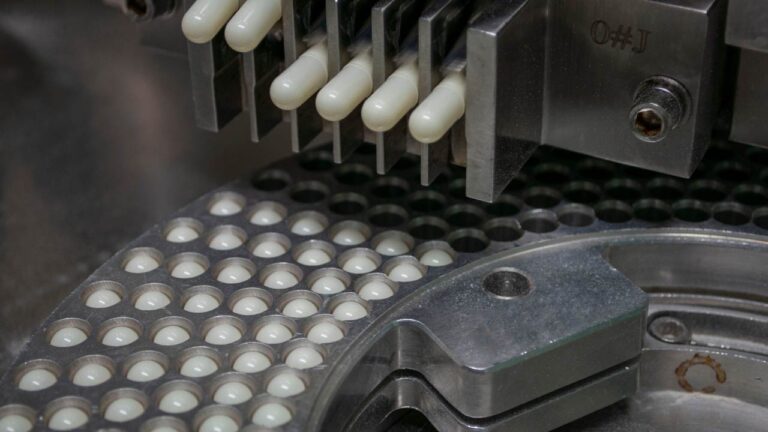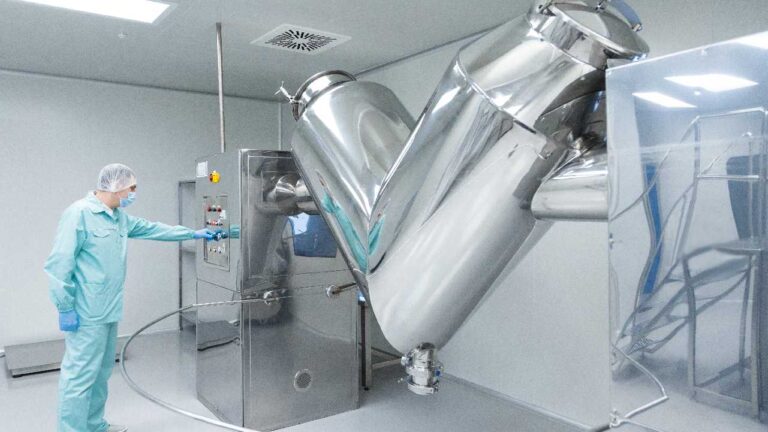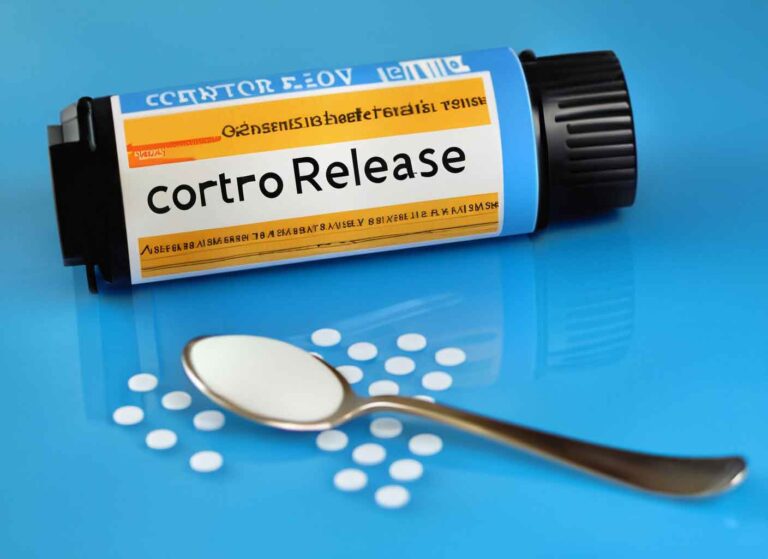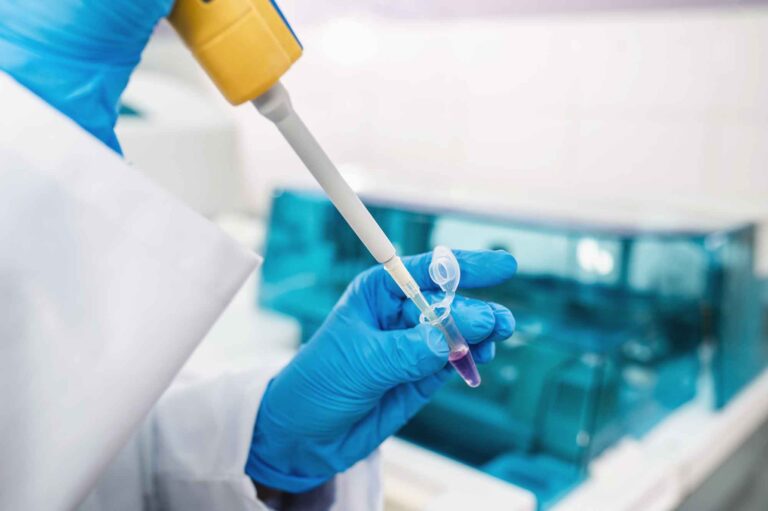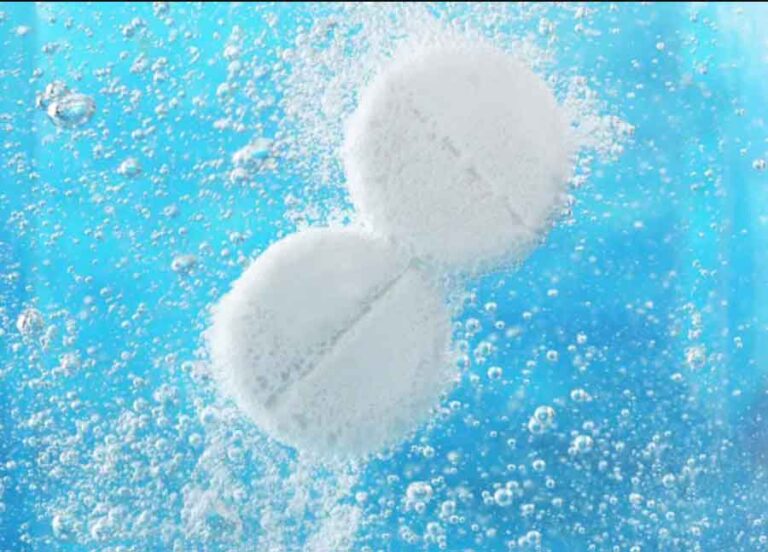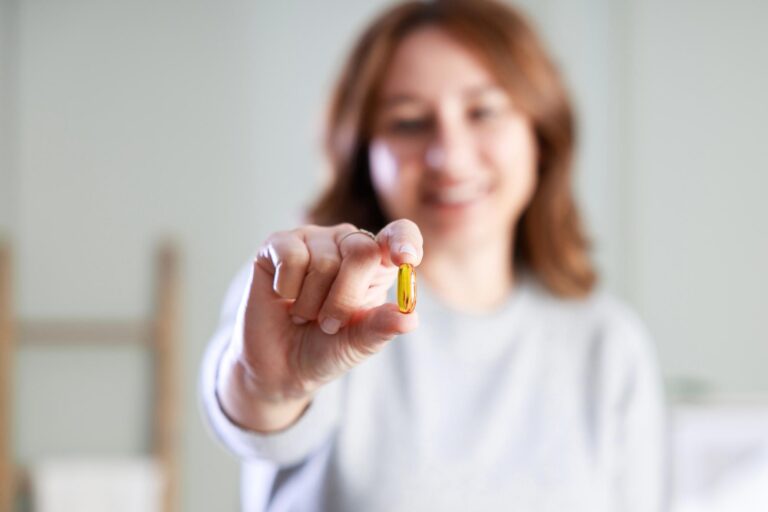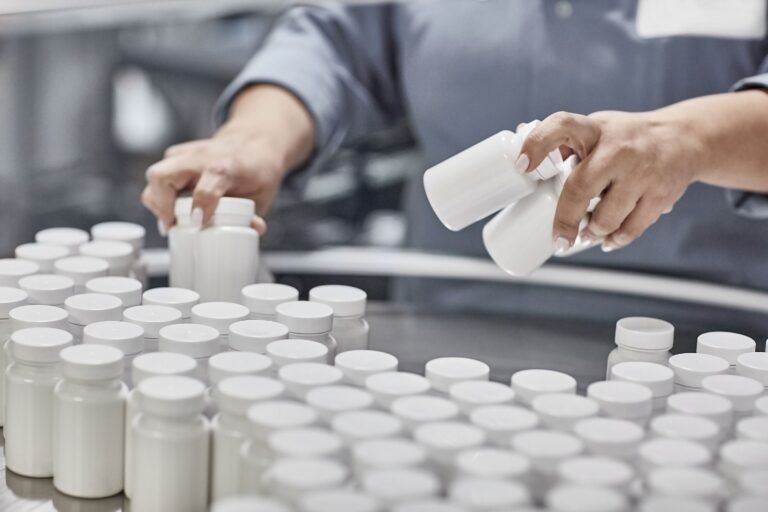OTC products can be described as medicines available for self-medication that do not require a doctor’s prescription. These medications empower individuals to address routine health problems such as headaches, allergies, and skin conditions without the need for medical supervision. As more medications transition to OTC status, people are increasingly interested in playing an active role in their healthcare choices.
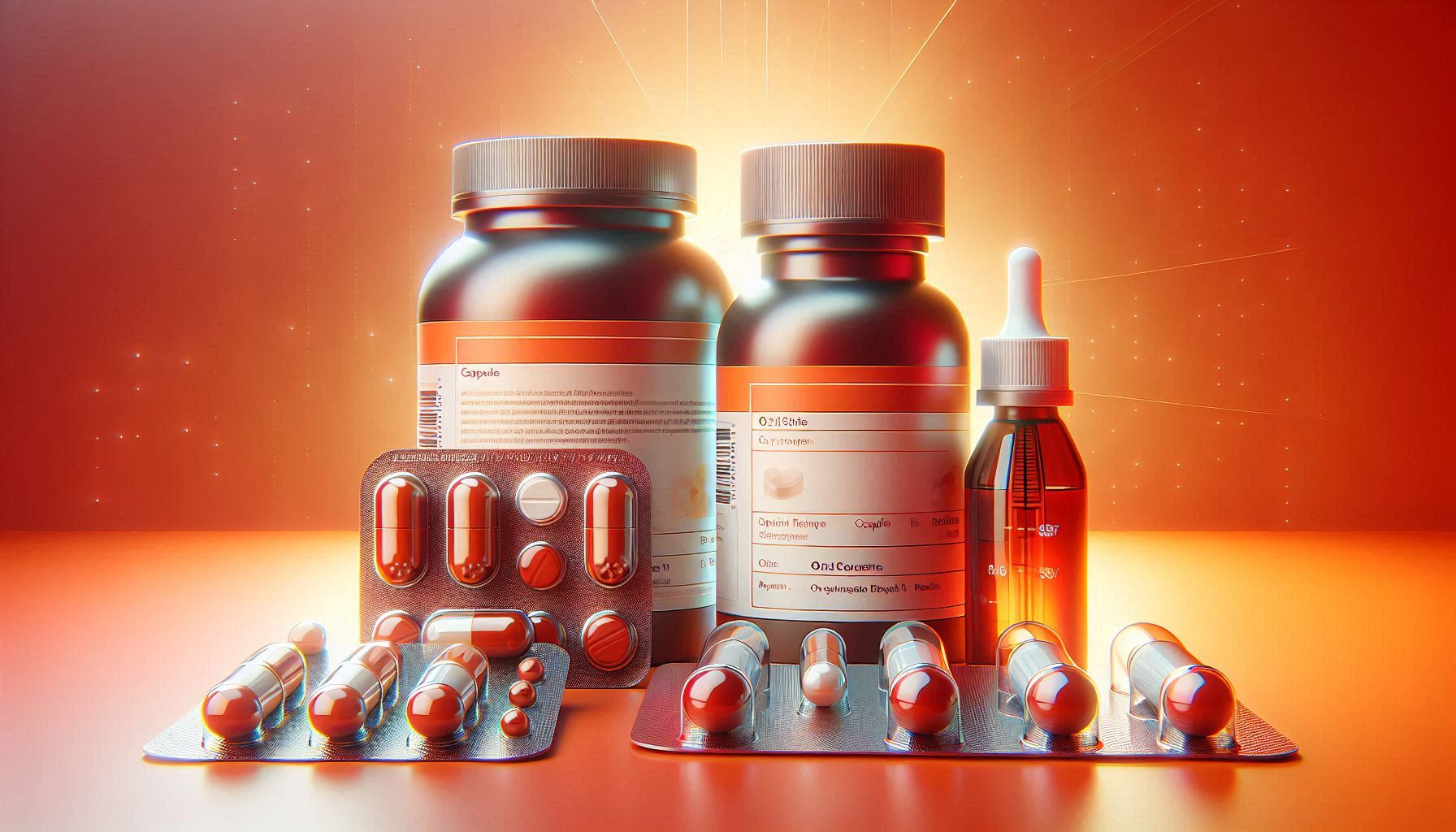
The OTC Drug Manufacturing Process
Conceptualization and Ingredient Selection:
At the outset, we select the active ingredient(s) and determines their potencies.
These ingredients must comply with the applicable OTC drug monograph, which outlines acceptable components for specific therapeutic categories (e.g., sunscreen, antacid).
Formula Development and Lab Testing:
- Experimental batches are prepared, and extensive laboratory testing is conducted.
- The goal is to create a formulation that meets safety, efficacy, and quality standards.
Container and Closure System Selection:
The manufacturer carefully chooses the container or closure system for packaging.
Plastic containers undergo testing to ensure they don’t interact with the drug product.
Development Specifications:
Formal specifications are established for raw materials, container components, and finished drug products.
These specifications guide the manufacturing process.
Validation of Testing Methodologies:
Rigorous testing methods are validated to ensure accuracy and suitability.
This step is crucial for quality control.
Determining Expiration Date:
A “stability batch” is created and tested to establish an appropriate expiration date for the product.
This date ensures product safety and effectiveness.
Product Label Creation:
The manufacturer meticulously reviews labeling artwork to ensure compliance with the OTC drug monograph.
Accurate labeling is essential for consumer safety.
Process Validation:
The manufacturing process undergoes validation to ensure equipment and operating parameters are appropriate.
The goal is to create a product that meets all specifications and acceptance criteria.
Drug Listing:
Owners of OTC drug products submit a Drug Listing Form to the FDA, providing details about the intended product.
Key Characteristics of OTC Drugs
Balancing Benefits and Risks:
OTC drugs are carefully evaluated to ensure that their benefits outweigh the risks.
The potential for misuse and abuse is low, making them suitable for self-diagnosed conditions.
Global Regulatory Approval:
OTC drugs are designed, labeled, and approved by various regulatory agencies around the world.
Their use without medical supervision is generally accepted as an important part of healthcare.
Regional Variations:
However, it’s essential to recognize that the understanding of what constitutes an OTC drug and the mode of dispensing can differ widely between regions and countries.
OTC Drugs and Self-Medication:
OTC drugs are medicines available for self-medication without a doctor’s prescription.
They are commonly used to treat routine health problems like headaches, allergies, and skin conditions.
OTC drugs are designed, labeled, and approved by regulatory agencies worldwide for safe use without medical supervision.
Characteristics of OTC Drugs:
Benefits outweigh risks.
Low potential for misuse or abuse.
Consumers can use them for self-diagnosed conditions.
Adequate labeling approved by regulatory agencies.
No need for medical supervision.
Accessing OTC Drugs in the U.S.
Availability:
- In the United States, non-prescription or OTC drug sales are not limited to pharmacies.
- Rarely are U.S. OTCs stored behind the counter and dispensed by registered pharmacists.
- These drugs are often located on pharmacy shelves, easily accessible to patients, and may also be found in non-pharmacy outlets like groceries, convenience stores, and large discount retailers.
Characteristics of OTC Drugs in the U.S.:
- Their benefits outweigh their risks.
- The potential for misuse and abuse is low.
- Consumers can use them for self-diagnosed conditions.
- They have adequate labeling approved by regulatory agencies.
The Vast OTC Landscape
Numbers and Categories:
- More than 300,000 OTC drug products are marketed in the United States.
- These products contain about 800 significant active ingredients.
- OTC drugs span over 80 therapeutic categories, addressing a wide range of health needs—from acne treatments to weight control medications.
Bringing OTC Drugs to Market
FDA Oversight:
- The Center for Drug Evaluation and Research (CDER) oversees OTC drugs.
- OTC drugs are developed through either the OTC Monograph process or the New Drug Application (NDA) process.
- The FDA oversees OTC drugs through the Center for Drug Evaluation and Research (CDER)’s Office of Nonprescription Drugs.
OTC Monographs:
- OTC monographs act as “recipe books” specifying acceptable ingredients, dosage strength, formulation, and labeling.
- The FDA evaluates active ingredients across therapeutic categories rather than individual products.
- The monograph process involves three phases: call for information, proposed rules, and codified final rule.
Categorization of Active Ingredients:
- APIs in OTC products fall into three categories:
- Category I: Generally recognized as safe and effective (GRASE) for claimed therapeutic indications.
- Category II: Not generally recognized as safe and effective (NGRASE) or unacceptable indications.
- Category III: Insufficient data available for final classification.
- APIs in OTC products fall into three categories:
Compliance and Manufacturing:
- OTC drug manufacturing must comply with Current Good Manufacturing Practices (CGMP).
- Drug substance and product manufacturing sites must be registered with the FDA.
- OTC firms list their products with the FDA, and inspections verify compliance.
The Crucial "Drug Facts" Label
Labeling Standardization:
- OTC drug labels follow the standardized “Drug Facts” format.
- This label includes information on active ingredients, purpose, uses, warnings, directions, and more.
- Consumers can make informed choices based on this label without medical supervision.
Packaging Requirements:
- Tamper-evident packaging ensures safety by providing visible evidence of tampering.
- Child-resistant packaging prevents accidental ingestion by children.
Renejix: Your OTC Manufacturing Partner
Who We Are:
Renejix Pharma Solutions is a contract development and manufacturing organization (CDMO). Our highly-qualified team assists throughout each step of contract manufacturing for OTC products.
Our Services:
Analytical: We offer comprehensive analytical services to ensure product quality and compliance.
Formulation: Our expertise lies in developing effective OTC formulations.
Commercial-scale Manufacturing: From production to packaging, we handle the demands of your project.
Packaging: Our large manufacturing facility and warehouse allow efficient packaging.
When it comes to OTC drugs, compliance with OTC monographs is essential. These monographs serve as “recipe books” for acceptable ingredients, doses, formulations, labeling, and testing. OTC products conforming to a monograph can be marketed without FDA pre-approval .
Our Services
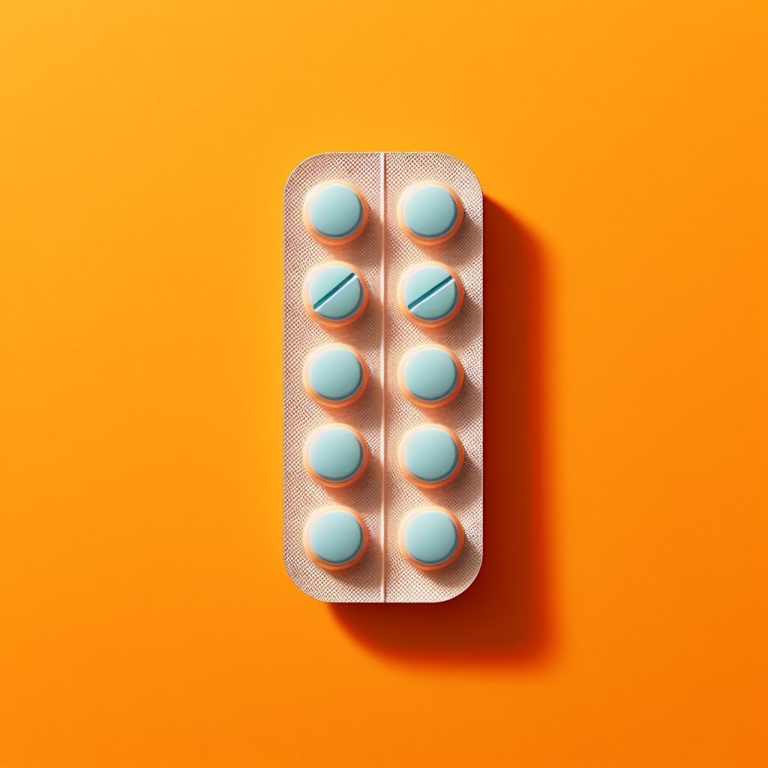
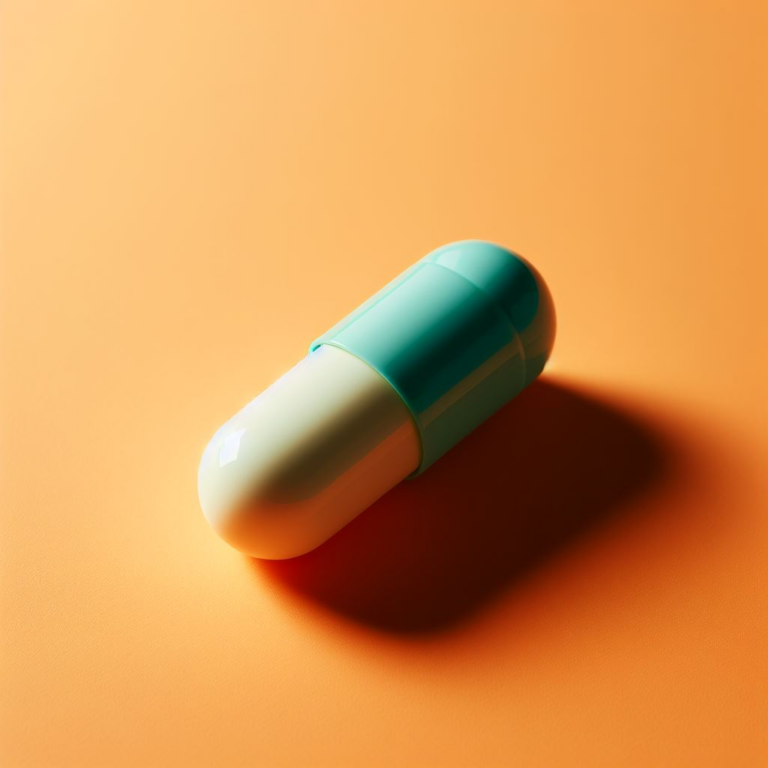


FAQs
Here are some frequently asked questions about Early Phase
During Phase 1 clinical trials, we play a critical role by:
- Conducting Preformulation Studies: These are essential to understand the drug’s physical and chemical properties, which inform the formulation strategy.
- Developing Formulations: Creating stable and effective dosage forms that are crucial for the success of early-stage clinical trials.
- Establishing Analytical Methods: Ensuring the drug product meets stringent quality standards, which is vital for regulatory approval.
- Manufacturing Clinical Trial Materials: Producing small-scale batches for Phase 1 trials, adhering to Good Manufacturing Practices (GMP) to ensure safety and quality.
- Providing Regulatory Support: Offering expertise to navigate the complex regulatory requirements specific to Phase 1 trials, including documentation and compliance strategies.
Our expertise in formulation development is multifaceted, encompassing:
- Advanced Drug Delivery Systems: Tailoring the method of drug administration to enhance patient compliance and drug effectiveness.
- Solving Solubility and Stability Issues: Utilizing cutting-edge technologies and innovative approaches to overcome common challenges in drug formulation.
- Enhancing Bioavailability: Implementing strategies to ensure the drug is absorbed effectively in the body, which is crucial for therapeutic efficacy.
Ensuring the quality of clinical trial materials is a top priority for us, achieved through:
- Robust Quality Management Systems: These systems are designed to uphold the highest standards of quality throughout the manufacturing process.
- GMP Compliance: Adhering to GMP regulations is non-negotiable, ensuring that products are consistently produced and controlled according to quality standards.
- Comprehensive Analytical Testing: Rigorous testing protocols are in place to confirm the identity, purity, potency, and stability of the clinical trial materials.
Scaling up from Phase 1 to subsequent trial phases is a complex process that we are well-equipped to handle, thanks to:
- Scalable Processes: Designed to be adaptable, these processes can transition from small-scale production for Phase 1 to larger scales for subsequent phases.
- Tech Transfer Capabilities: The ability to transfer technology efficiently is crucial for scaling up production without compromising quality or timelines.
- Supply Chain Management: A robust supply chain is essential to ensure the availability of high-quality raw materials and components as production scales up.
We comprehensive regulatory support including:
- Documentation Preparation: Investigational New Drug (IND) applications and other regulatory documents that are critical for initiating clinical trials.
- Strategic Regulatory Guidance: Developing and implementing regulatory strategies that align with the guidelines of the FDA and other regulatory bodies, ensuring a smooth and compliant trial process.
- Compliance Consultation: Providing expert advice and consultation to ensure all regulatory requirements are met, which is essential for the successful progression of clinical trials.
Project management for Phase 1 trials involves:
- Dedicated Project Teams: These teams are committed to the success of your project, with a focus on meeting your specific needs.
- Effective Communication: Keeping lines of communication open and transparent to ensure that all stakeholders are aligned and informed.
- Timeline Management: Strict adherence to project timelines is essential to meet the critical milestones of Phase 1 trials.
A CDMO’s manufacturing process is tailored to meet the unique requirements of Phase 1 trials through:
- Customized Manufacturing Processes: Tailoring manufacturing processes to fit the specific needs of each trial, ensuring the production of trial materials that meet all therapeutic and regulatory requirements.
- Rapid Production Capabilities: The ability to produce trial materials quickly and efficiently is essential to meet the often tight schedules of Phase 1 trials.
- High Precision: Ensuring that each batch of trial materials is produced with the utmost accuracy and consistency.
- Specialized Equipment and Facilities: To accommodate the unique requirements of complex formulations, including those that require containment.
- Expert Personnel: Teams of highly skilled professionals with extensive experience in addressing the challenges of complex drug development.
- Innovative Techniques and Technologies: Employing the latest techniques and technologies to effectively manage the unique properties of complex drug molecules, ensuring their stability, efficacy, and safety.
The analytical capabilities of a CDMO are critical for:
- Method Validation: Ensuring that the analytical methods used are reliable and reproducible.
- Stability Studies: Conducting thorough stability studies to assess how the drug maintains its integrity over time, which is crucial for determining appropriate storage conditions and shelf life.
- Release Testing: Performing meticulous release testing to verify that each batch of the drug product meets all specified criteria before it is released for use in clinical trials.
Our contribution to the success of your Phase 1 clinical trials is multifaceted, including:
- Proactive Risk Management: Identifying potential issues early in the development process and implementing strategies to mitigate these risks.
- Resource Optimization: Streamlining development processes to maximize resource utilization and minimize costs, without compromising quality or safety.
- Strategic Expertise: Leveraging extensive industry experience to provide strategic insights and best practices that can significantly enhance the drug development process.
